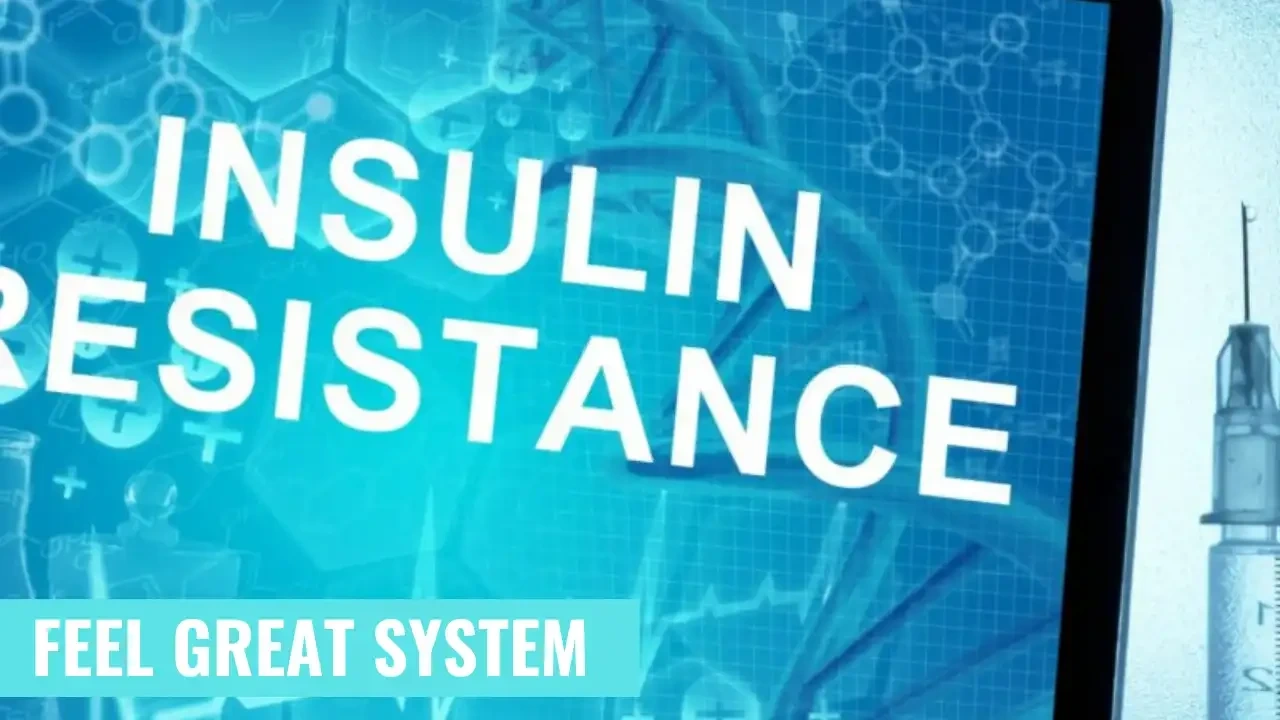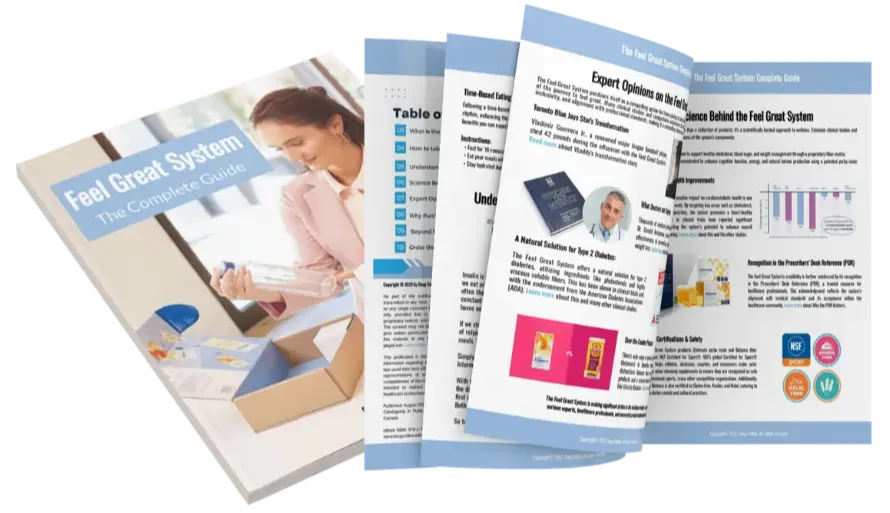Signs and Symptoms of Insulin Resistance: Why It Matters
Mar 09, 2022
An estimated 87 million American adults are experiencing pre-diabetes; 30-50% will go on to develop full-blown type 2 diabetes.
Thanks to years of high insulin levels followed by an onslaught of cell-damaging high blood sugar, people with insulin resistance, prediabetes and type 2 diabetes are at high risk for cardiovascular disease.
Insulin is a hormone produced in the pancreas. It helps control glucose, or blood sugar. Glucose is one of our body’s key sources of energy, fueling our bodies to function. All of the food we eat is broken down into proteins, fats or carbs. All which are used in metabolism or cell replacement. The amount of fuel we need varies all the time, but our blood sugar levels need to remain stabilized. Insulin helps regulate those levels.
What Is Insulin Resistance?
Normally glucose is carried by the bloodstream to individual cells, and insulin signals the cells to absorb the glucose that fuels our body. But when there is too much glucose in the body, cells become desensitized and the body continues to release more insulin, seeking to lower the blood sugar levels.

Prolonged high levels of insulin disrupts cellular metabolism, increases inflammation, and eventually the cells quit responding to the signals from insulin — creating insulin resistance.
Diabetes is just one of the common diseases resulting from insulin resistance, and occurs when the body is unable to produce enough insulin to manage blood glucose levels because the body has become desensitized to the naturally occurring insulin.
As insulin resistance gets worse, adding more insulin won’t be able to make up for your cells weak response to insulin. At this point, high blood sugar levels often become the first key sign of insulin resistance. As high blood sugar persists, you may begin to notice symptoms like excessive thirst, frequent urination, and headaches.
Signs and Symptoms of Insulin Resistance
Insulin resistance is usually triggered by a combination of factors linked to weight, age, genetics, being sedentary and smoking.
A large waist - Experts say the best way to tell whether you’re at risk for insulin resistance involves a tape measure and moment of truth in front of the bathroom mirror. A waist that measures 35 inches or more for women, 40 or more for men (31.5 inches for women and 35.5 inches for men if you’re of Southeast Asian, Chinese or Japanese descent)6 increases the odds of insulin resistance and metabolic syndrome, which is also linked to insulin resistance.
You have additional signs of metabolic syndrome - According to the National Institutes of Health, in addition to a large waist, if you have three or more of the following, you likely have metabolic syndrome, which creates insulin resistance:
- High triglycerides. Levels of 150 or higher, or taking medication to treat high levels of these blood fats.
- Low HDLs. Low-density lipoprotein levels below 50 for women and 40 for men – or taking medication to raise low high-density lipoprotein (HDL) levels.
- High blood pressure. Readings of 130/85 mmHg or higher, or taking medication to control high blood pressure
- High blood sugar. Levels of 100-125 mg/dl (the prediabetes range) or over 125 (diabetes).
- High fasting blood sugar (or you're on medicine to treat high blood sugar). Mildly high blood sugar may be an early sign of diabetes
Insulin resistance doubles your risk for heart attack and stroke – and triples the odds that your heart attack or ‘brain attack’ will be deadly, according to the International Diabetes Federation.
Meanwhile, insulin resistance and metabolic syndrome are also linked with higher risk for cancers of the bladder, breast, colon, cervix, pancreas, prostate and uterus. High insulin levels early in insulin resistance seem to fuel the growth of tumors and to suppress the body’s ability to protect itself by killing off malignant cells.
Research has also found a strong association between insulin resistance and memory function decline, increasing the risk for Alzheimer’s disease.
Insulin resistance is the hidden epidemic that no one is talking about, but that EVERY healthcare provider SHOULD be talking about. In fact, you probably have insulin resistance but don’t even know it.
Related Articles:
Feel Better Than You Have In Years!



